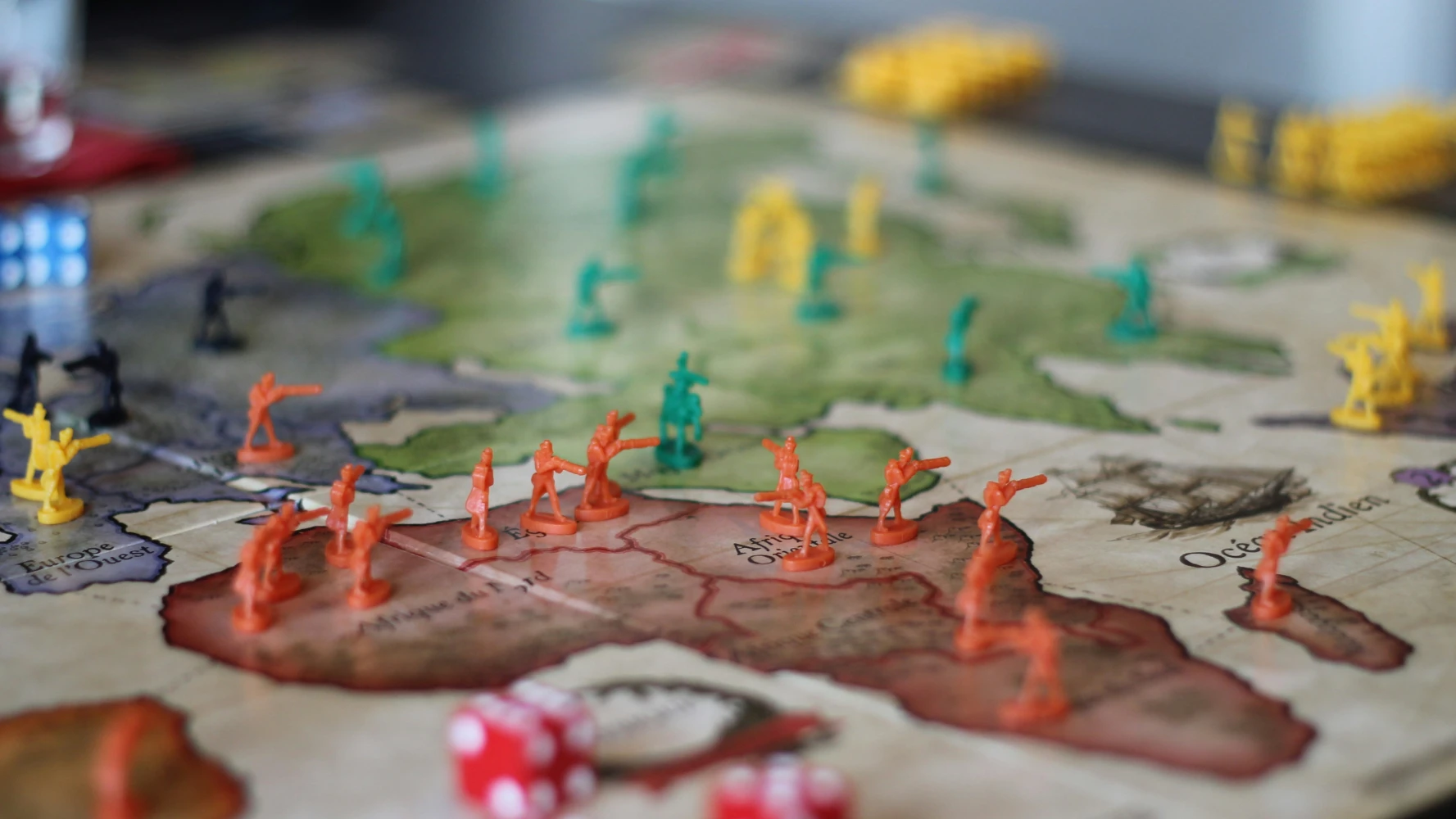
The Risks - Part 1: State Immunity and Countermeasures
In my last blog You Broke it, You Bought it, I explained the illegality of Russia’s war in Ukraine and why they must pay for the damage they’ve caused, an idea supported by anti-Putin crusader and creator of the Magnitsky Act, Bill Browder. In another blog, Why Russia Must Pay, I reviewed the estimated cost of the war in Ukraine ranging from $411 billion (World Bank), to over $1.1 trillion (EIB) dollars of damage to infrastructure and property since February 2022. Considering that Eastern regions of Donetsk, Luhansk and Crimea, have been occupied since 2014, it’s likely that the total cost for rebuilding Ukraine could easily surpass $2 trillion.
$2 trillion is a massive sum of money, so where is it going to come from? How about starting with the $500 billion to $1 trillion dollars of Russian state and individual assets, currently immobilized under Magnitsky-esque sanctions by G20 governments?
Kierkegaard anyone?
The war in Ukraine is not simply a war between Russia and Ukraine, it’s an existential moment for the Western world order based on international law and respect for human rights. Russia is a bellicose aggressor - just ask the Syrians, Afghanis and countless African victims of the Wagner Group’s shenanigans across the continent. The Ukraine war is just the latest front in a conflict between those that respect human rights and those that don’t, between democracy and kleptocracy, and good vs. evil.
The G20, representing the most successful and powerful adherents to the post WWII world order, are also the top supporters of Ukraine. By signing the United Nations Charter (which the Soviet Union and Russia also did), the G20 have agreed to uphold the values of the UN Charter, and that includes punishing rogue nations that violate it, and herein lies the first risk.
Immunization nation
Nations hesitate to punish countries that fall out of line because it’s challenging thanks to the international legal doctrine called Sovereign or State Immunity. Sovereign Immunity is the belief that a country cannot commit a crime, so it cannot be prosecuted in its own courts. State immunity extends that legal protection to the courts of foreign nations. Essentially, the country of Russia cannot be sued, tried or prosecuted for any offense in any court. However, Russian oligarchs who support and profit from Putin’s regime can be, but they enjoy the same rights and protections any individual or corporation does including the right to appeal a decision.
Thanks to Bill Browder, there’s as much as $1 trillion dollars of Russian state and individual assets immobilized by G20 nations. Unfortunately, thanks to Sovereign Immunity and due process, this $1 trillion is very hard, expensive and time consuming to seize.
No such thing as easy money
Just because something is challenging, it doesn’t mean it’s impossible or shouldn’t be done. Sovereign Immunity was created to keep countries from suing other countries without just cause. Obviously, Russia’s war in Ukraine is exactly an appropriate cause, and all 193 nations that signed the UN Charter have not only the means to hold Russia accountable, they’re obliged to. The same international laws that prevent Russia from being taken to court also provide a loophole called Collective Countermeasures. These require nations to take collective action to bring a country that has committed intentionally wrongful acts to ensure they stop their wrongful acts and also pay reparations to the victims.
Essentially, once the UN condemned Russia for committing an intentionally wrongful act by invading Ukraine, the other 192 nations are mandated to take collective action by applying Countermeasures like seizing assets to take the fuel from their war effort and provide funding to compensate victims. It’s not easy money, but it’s there for the taking and there’s an obligation to take it.
Regarding the estimated $700 billion in oligarch assets and cash hidden around the world, the process is a bit more complicated. We can apply sanctions, freeze assets and then use legislative tools like Canada’s SEMA and the American REPO Act to seize them through the courts. Oddly, seizing assets of the Russian State via collective countermeasures is easier than individual oligarch assets that are protected by property rights and due process, but that doesn’t mean we don’t do it.
It may take years and cost a lot of money and we’ll endure many setbacks during the process, but these are risks inherent in any robust legal system. Murderers and thieves are prosecuted every day in courts around the world resulting in fines and prison time, and international law is no different. It will take time and money to hold Russia, Putin and his supporters accountable for their unjustified war in Ukraine, but they will eventually lose and eventually pay.
Slava Ukraini! Heroiam Slava!
